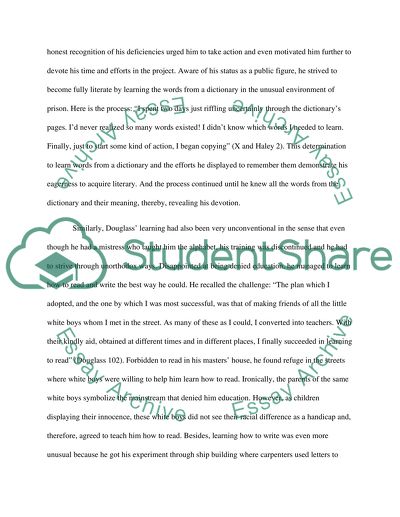Cite this document
(“Learning to Read and Write by Frederick Douglass and Learning to Read Essay”, n.d.)
Retrieved de https://studentshare.org/english/1492368-compare-and-contrast-essay-with-two-readings
Retrieved de https://studentshare.org/english/1492368-compare-and-contrast-essay-with-two-readings
(Learning to Read and Write by Frederick Douglass and Learning to Read Essay)
https://studentshare.org/english/1492368-compare-and-contrast-essay-with-two-readings.
https://studentshare.org/english/1492368-compare-and-contrast-essay-with-two-readings.
“Learning to Read and Write by Frederick Douglass and Learning to Read Essay”, n.d. https://studentshare.org/english/1492368-compare-and-contrast-essay-with-two-readings.


